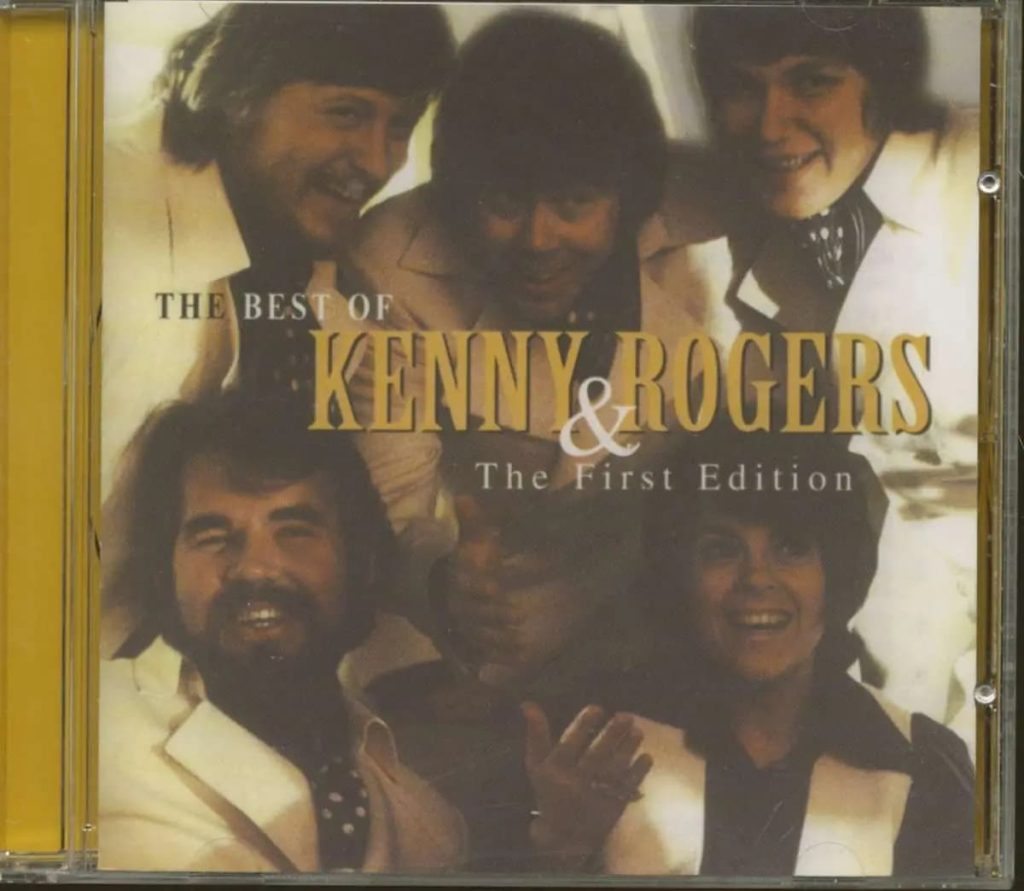
“Ruby, Don’t Take Your Love to Town” – Kenny Rogers & The First Edition’s Haunting Ballad of Heartache and War
Kenny Rogers & The First Edition struck a chord with audiences in 19697 through the release of “Ruby, Don’t Take Your Love to Town,” a poignant and unsettling song that deals with the painful aftermath of war. Written by Mel Tillis, the song tells the tragic story of a physically disabled veteran, returned from war, who pleads with his wife, Ruby, not to seek the love and companionship of another man. Its unique subject matter—exploring themes of betrayal, loneliness, and the psychological scars of war—made it a deeply evocative and memorable hit.
“Ruby, Don’t Take Your Love to Town” reached No. 6 on the Billboard Hot 100 and became one of the most recognizable hits for Kenny Rogers during his early career. On the country charts, it fared equally well, earning a spot in the Top 40, despite its heavy and melancholic tone. The song resonated with a wide audience during a time when the Vietnam War loomed large in the cultural consciousness, striking a nerve with listeners who had either served in war or were affected by the consequences it brought into their personal lives.
The music is sparse yet effective, with the slow, plodding guitar chords underscoring the song’s brooding atmosphere. Rogers delivers a restrained but powerful vocal performance, his voice heavy with emotion as the narrator conveys his frustration and helplessness. The lyrics are filled with lines that cut deep:
“It wasn’t me that started that old crazy Asian war / But I was proud to go and do my patriotic chore.”
This makes the song not only a personal lament but also a subtle critique of the cost of war—both in human lives and in the broken relationships left behind. The emotional weight intensifies as the soldier, confined to a wheelchair, expresses his desperation and pain over his wife’s impending infidelity. The final, chilling line—”If I could move, I’d get my gun and put her in the ground”—adds a dark and disturbing twist, reflecting the psychological toll of the narrator’s despair.
Musically, The First Edition’s arrangement relies on a simple blend of acoustic guitar, bass, and drums, allowing the narrative to remain front and center. This understated instrumentation emphasizes the raw emotion of the lyrics, creating a sense of intimacy between the narrator and the listener. Rogers’ gravelly voice brings authenticity to the story, making it feel like a firsthand confession.
While the song’s narrative is undeniably grim, its stark honesty is what captivated listeners in the late 1960s, a turbulent period marked by political unrest and social change. “Ruby, Don’t Take Your Love to Town” became a cultural touchstone, addressing themes of war and its aftermath in a way that few other pop or country songs had dared to do at the time.
The success of the song helped Kenny Rogers transition from the psychedelic rock of The First Edition to his later role as a country music icon. To this day, “Ruby, Don’t Take Your Love to Town” remains one of Rogers’ most memorable recordings—a haunting ballad about love, loss, and the irreversible damage that war inflicts on both soldiers and their families. Its legacy endures not just as a song of its era but as a reminder of the personal costs of conflict, making it a powerful piece of storytelling in the history of American music.